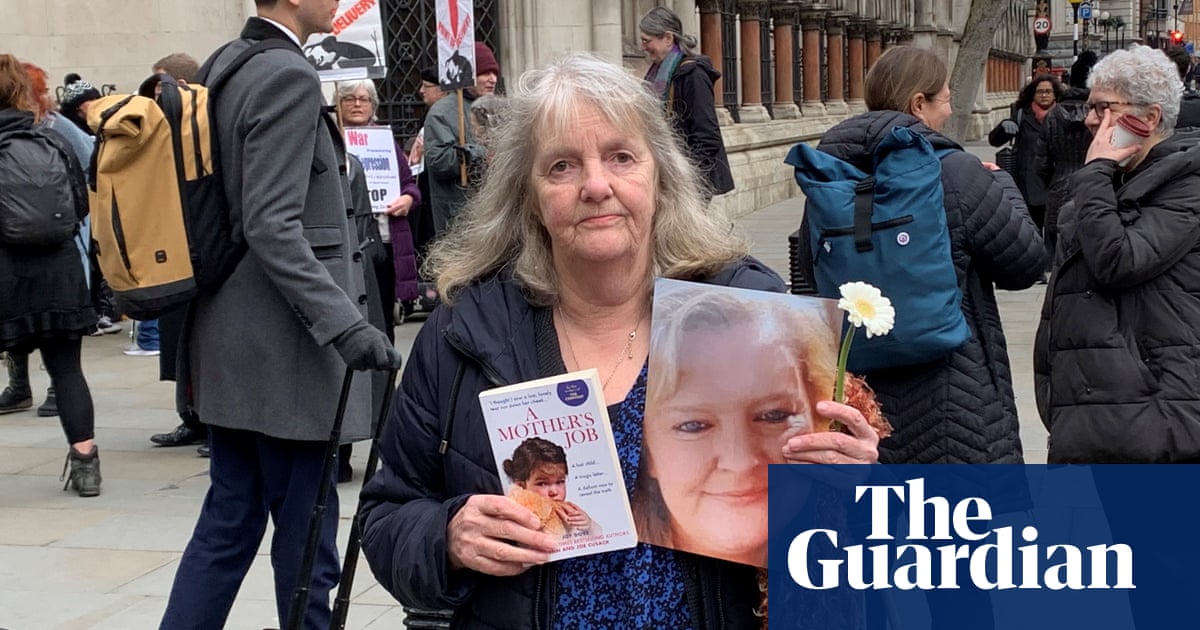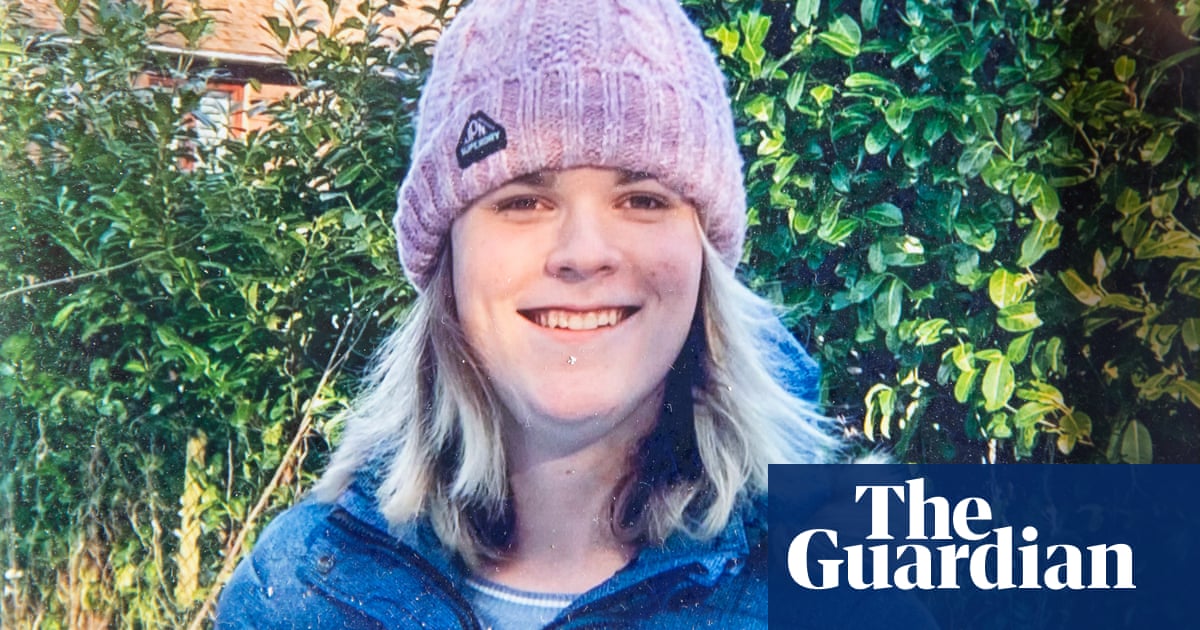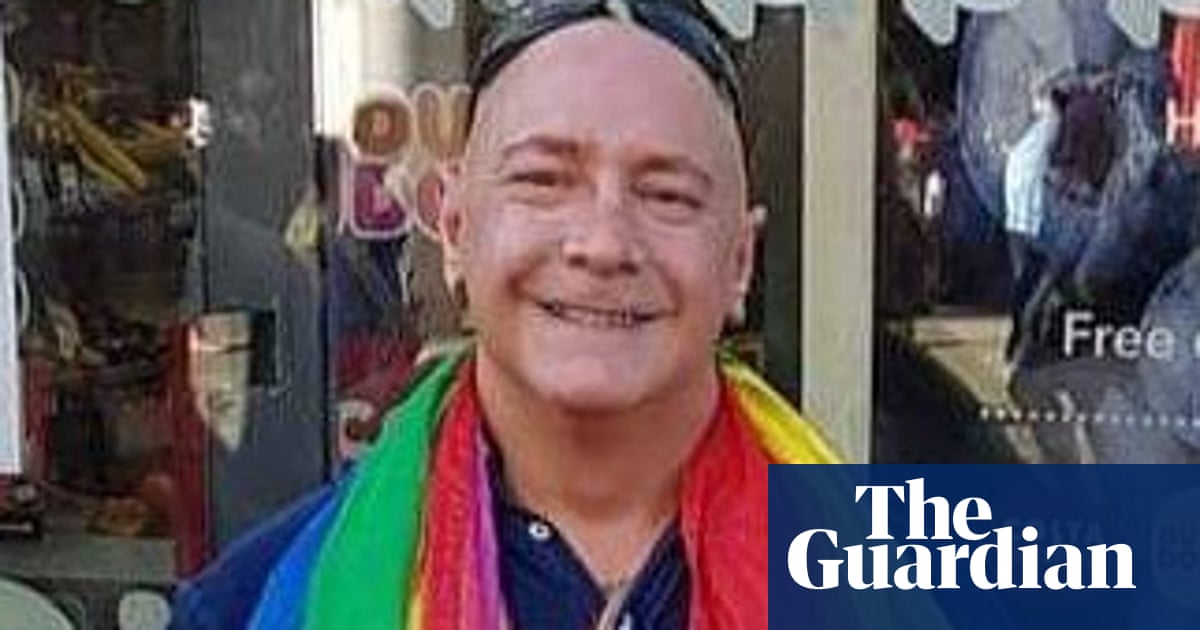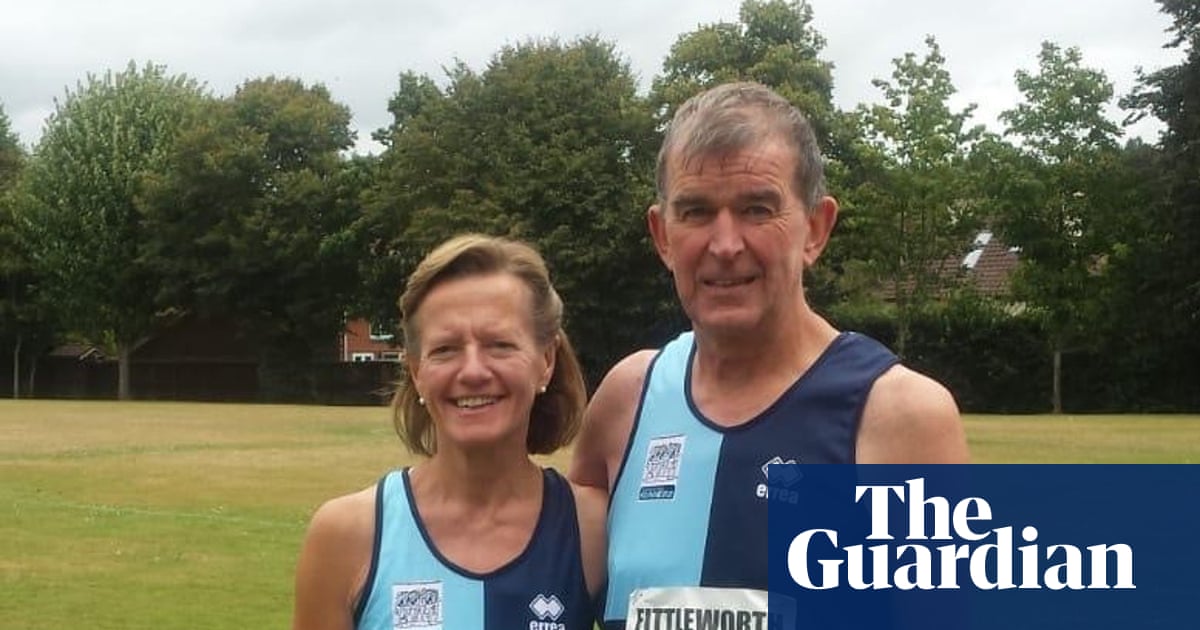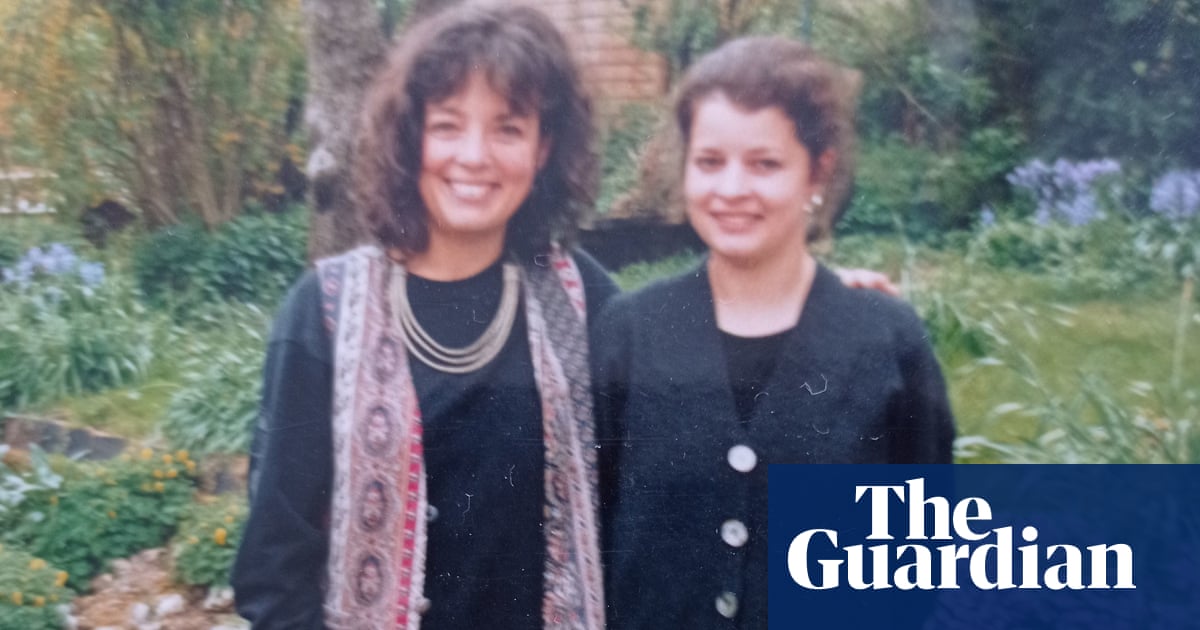
An NHS trust has “not covered itself in glory” in its dealings with the family of a vulnerable young woman who killed herself after being refused admission to hospital, a coroner has found.
The three-day hearing looked at evidence withheld from the original inquest into the death of Sally Mays, who killed herself in 2014 after being turned away from a mental health unit.
Mays was failed by staff “neglect” at Miranda House in Hull, a 2015 inquest ruled, after a 14-minute assessment led to her being refused a place, despite being a suicide risk.
Her parents, Angela and Andy Mays, won a high court battle in December to hear details of an informal chat outside the building between Laura Elliot, a community mental health nurse who was supporting Mays, and the consultant psychiatrist Dr Kwame Fofie, which only later came to light.
The court heard how Elliot was comforted by Fofie, who was not involved with Mays’ case at the time, after becoming upset when the crisis team at the unit would not accept Mays, who had become so distressed that she needed to be restrained.
This was ruled to be “neither a clinical conversation nor an attempt to escalate her care” by senior coroner Prof Paul Marks on Wednesday.
He said: “It was a conversation between colleagues in which the frustrations of the working day were vented.”
But, he said: “The trust has not covered itself in glory with regard to its dealings with the family and the disclosing of documents.”
Angela Mays told the Guardian that she now considered the case resolved.
“I think we’re feeling relieved that we have finally got to the end of the legal process and the information that we’ve been seeking for the past seven years has finally been disclosed in full,” she said.
The Mays have spent the last seven years fighting to hear details of the car park conversation, which could have changed their understanding of what happened before their daughter died.
Angela Mays added: “I never considered myself to be a campaigner. I have only considered myself to be a mother who actually wants the truth about the facts relating to her daughter’s death.”
On 25 July 2014, Mays was taken for assessment by the Humber NHS foundation trust after becoming distressed.
The chat in the car park came after Mays was refused a place at the unit by Paddy McKee, the crisis team nurse who carried out her assessment. McKee has since been struck off the nursing register.
Elliot told the court she was upset and angry that Mays had been turned away and also because she “had never been spoken to so unpleasantly by the crisis team”.
The nurse described a five-minute conversation where she vented to Fofie, who was “supportive and validating”.
The nurse and the doctor both did not feel the conversation was relevant to the investigation as it was informal.
Elliot said: “There was no reason, I felt at the time, to tell anybody.
“It was a conversation about me – my feelings.”
This second inquest does not change the findings of the 2015 inquest which found a further missed opportunity to save Mays’ life was due to a 69-minute delay to an ambulance arriving after the call was not categorised appropriately, the coroner said.
He concluded that Mays’ actions “undoubtedly caused her death” but “her intentions remain unknown”.
Michael Rawlinson, representing the Humber NHS foundation trust, said the trust “apologised unreservedly” for the fact that the car park conversation did not emerge earlier, and that a second inquest had been required.




